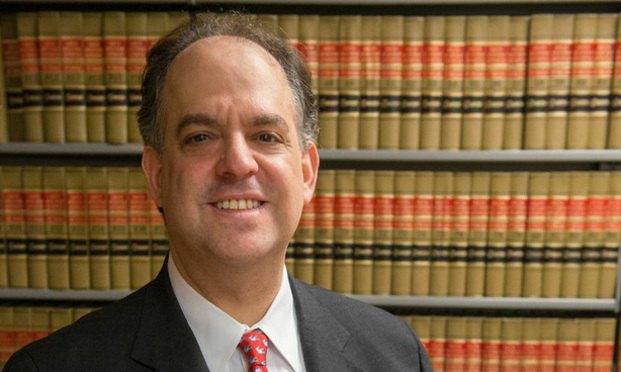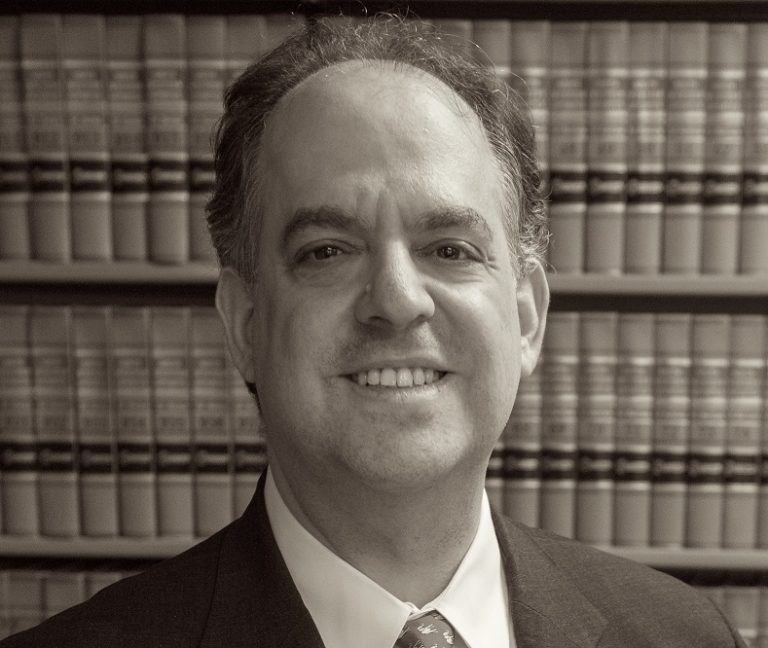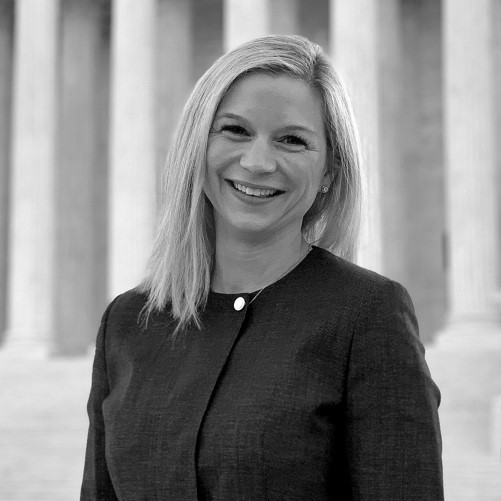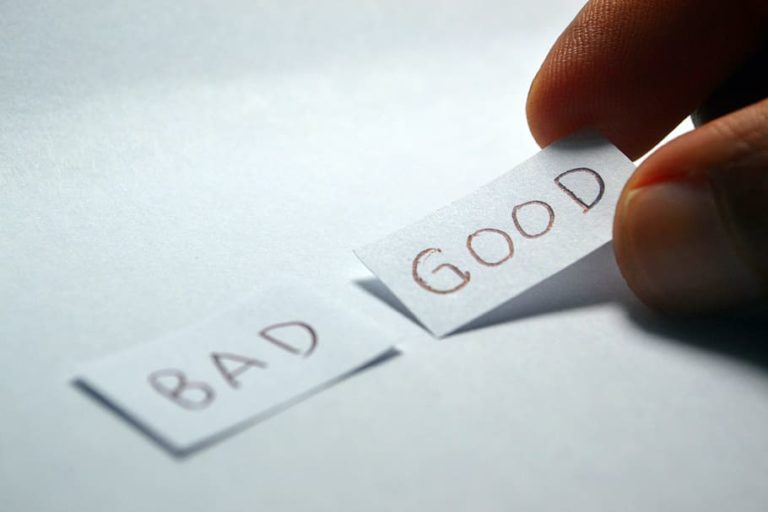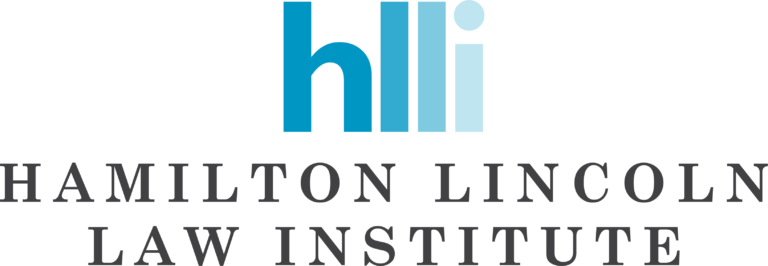Ted Frank: A Rhode Island case illustrates the folly of tackling climate change in the courts.
Ted Frank: This case doesn’t belong in the courts. Newport County Superior Court is unlikely to arrive at the optimal policy that balances the need for fossil fuels in the economy with an attempt to reduce global carbon emissions.

